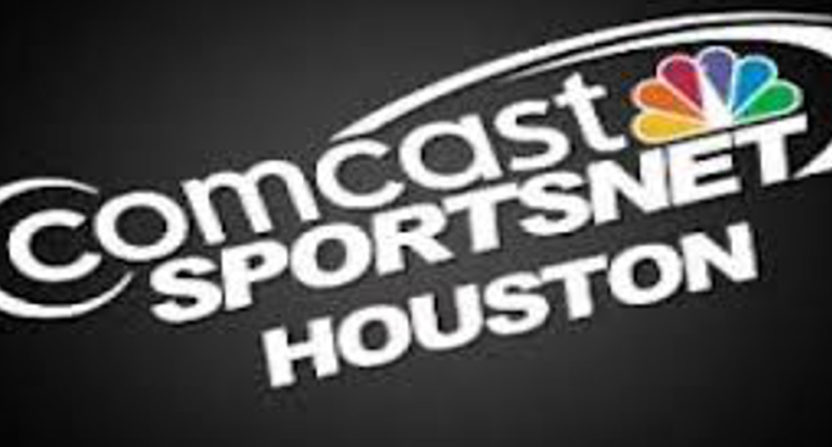The CSN Houston saga remains one of the largest regional sports network failures ever, with the network being available to less than half of local households, demanding high carriage fees and statewide distribution, eventually filing for bankruptcy, and then laying off many employees before the remnants of the network were sold to AT&T/DirecTV. There are still several court battles going on around CSN Houston, and one appears to have taken a big turn in Comcast’s favor.
As per David Barron of the Houston Chronicle, an appeals court ruled late last week that a lower court ruling (which allowed the Astros and Rockets to deduct unpaid rights fees from the $100 million loan they received from Comcast to start the network) was incorrect:
In a 16-page decision issued Thursday, the opening day of the Astros’ 2018 season, a three-judge appeals panel said U.S. Bankruptcy Judge Marvin Isgur erred in a 2014 ruling designed to help determine if Comcast should recover any or all of a $100 million secured loan that helped launch the regional sports network in the fall of 2012.
…Writing for the three-judge panel, Judge Priscilla Owen said Isgur in 2014 should not have reduced the value of Comcast’s affiliation agreement with the teams, which was collateral for the $100 million loan, to less than zero by subtracting $107 million in unpaid rights fees owed to the Astros and Rockets.
…Comcast appealed Isgur’s ruling to U.S. District Judge Lynn Hughes, who upheld it, and then to the 5th Circuit, which heard arguments in June 2016 but did not issue a decision until last week.
The Astros said Monday: “We are very disappointed in the 5th Circuit’s opinion, but this case is not over. We will address this valuation issue with the Court at the appropriate time and we will continue to pursue all of our claims against Comcast.”
The issue here is about valuation of the network. Both parties agreed that the network’s tangible assets were worth $26.2 million, which Comcast eventually received. The dispute is over if unpaid rights fees (of which there were plenty) can be subtracted from the value of the affiliation agreement (which Isgur set at $54.3 million). Isgur initially ruled that was the case, which meant the teams didn’t owe Comcast for the loan, and allowed for the network to be sold.
This appeal court’s ruling could mean that Comcast could try and recover the $54.3 million from the Astros and from former Rockets owner Leslie Alexander (he sold the Rockets for an NBA-record $2.2 billion to Tilman Fertitta last year, but is still a party to this litigation).
This is only one of the many lawsuits flying around the CSN Houston case. There’s still a 2013 lawsuit from the Astros against Comcast, NBC Universal, and former Astros’ owner Drayton McLane, which accuses McLane of misleading new owner Jim Crane and his group about the network in the 2011 sale of the team (and its equity in the network) for $615 million. That lawsuit is still under jurisdictional debate, with the team arguing it should be heard in state court and Comcast saying it should be heard in federal court.
There’s also a lawsuit from the bankruptcy trustee against Comcast, accusing the company of fraud; that’s also being heard by Isgur, who has dismissed some of its claims, but some still remain. So there’s unquestionably a lot of legal drama (and legal fees!) still to come for all parties. But this ruling is interesting, and it could potentially wind up costing the Astros quite a bit.






